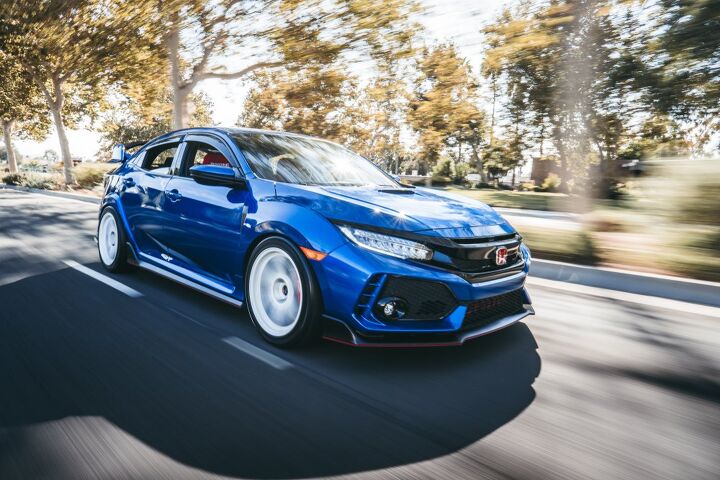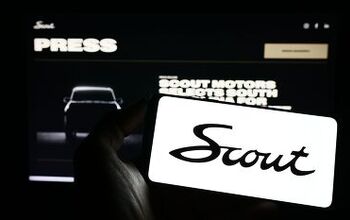Consumer Reports: Most Reliable Car Brands of the Year - Find Out Who Ranks Highest
The automotive industry offers a range of options for consumers seeking reliable vehicles. A recent study by Consumer Reports provides a detailed look into the reliability of various car brands, helping buyers make informed decisions.
Leading Brands in Reliability
- Lexus (Score: 79)
- Toyota (Score: 76)
- Mini (Score: 71)
- Acura (Score: 70)
- Honda (Score: 70)
Rounding out the top 10 are Subaru, Mazda, Porsche, BMW, and Kia. These scores reflect a trend towards higher reliability across these manufacturers.
How Reliability is Scored
The methodology behind these scores involves comprehensive surveys of Consumer Reports members, covering over 330,000 vehicles from the years 2000 to 2023, including some early 2024 models. The survey assesses 20 different trouble areas, varying from minor issues to major system faults. The final score, out of 100, is a combination of problem severity, track testing, owner satisfaction, and safety data.
Focus on Electric and Hybrid Vehicles
The study pays special attention to electric and hybrid vehicles, including new criteria specific to these types of vehicles. These criteria assess electric motors, hybrid batteries, and charging systems. Hybrids show 26% fewer problems than traditional vehicles, but plug-in hybrids and electric vehicles often score lower in reliability.
Reliability by Region
Asian car manufacturers lead in reliability with an average score of 63, followed by European brands at 46 and domestic brands at 39. Cars, including sedans, hatchbacks, and wagons, are noted as the most reliable vehicle type.
Highlights of Specific Models
In model-specific observations, Lexus's NX model scores average in predicted reliability, with the rest of its lineup above average. Toyota's 4Runner SUV is noted for its high reliability, while the Tundra is marked for lower reliability. Acura's RDX and TLX models receive praise for their above-average reliability.
This article was co-written using AI and was then heavily edited and optimized by our editorial team.
More by TTAC Staff
Latest Car Reviews
Read moreLatest Product Reviews
Read moreRecent Comments
- Probert They already have hybrids, but these won't ever be them as they are built on the modular E-GMP skateboard.
- Justin You guys still looking for that sportbak? I just saw one on the Facebook marketplace in Arizona
- 28-Cars-Later I cannot remember what happens now, but there are whiteblocks in this period which develop a "tick" like sound which indicates they are toast (maybe head gasket?). Ten or so years ago I looked at an '03 or '04 S60 (I forget why) and I brought my Volvo indy along to tell me if it was worth my time - it ticked and that's when I learned this. This XC90 is probably worth about $300 as it sits, not kidding, and it will cost you conservatively $2500 for an engine swap (all the ones I see on car-part.com have north of 130K miles starting at $1,100 and that's not including freight to a shop, shop labor, other internals to do such as timing belt while engine out etc).
- 28-Cars-Later Ford reported it lost $132,000 for each of its 10,000 electric vehicles sold in the first quarter of 2024, according to CNN. The sales were down 20 percent from the first quarter of 2023 and would “drag down earnings for the company overall.”The losses include “hundreds of millions being spent on research and development of the next generation of EVs for Ford. Those investments are years away from paying off.” [if they ever are recouped] Ford is the only major carmaker breaking out EV numbers by themselves. But other marques likely suffer similar losses. https://www.zerohedge.com/political/fords-120000-loss-vehicle-shows-california-ev-goals-are-impossible Given these facts, how did Tesla ever produce anything in volume let alone profit?
- AZFelix Let's forego all of this dilly-dallying with autonomous cars and cut right to the chase and the only real solution.


































Comments
Join the conversation